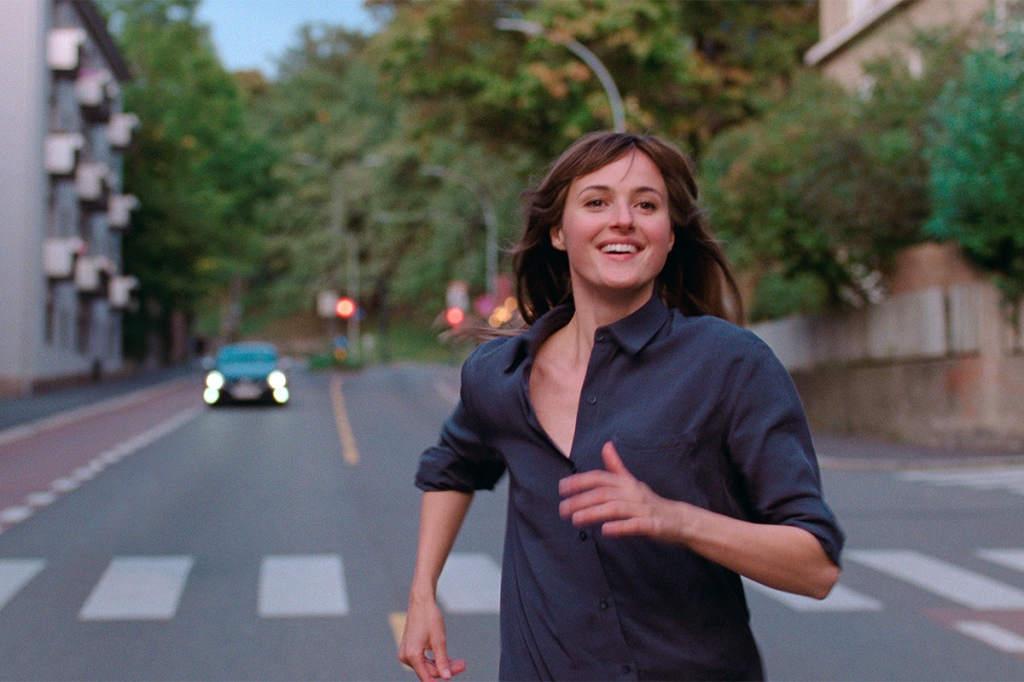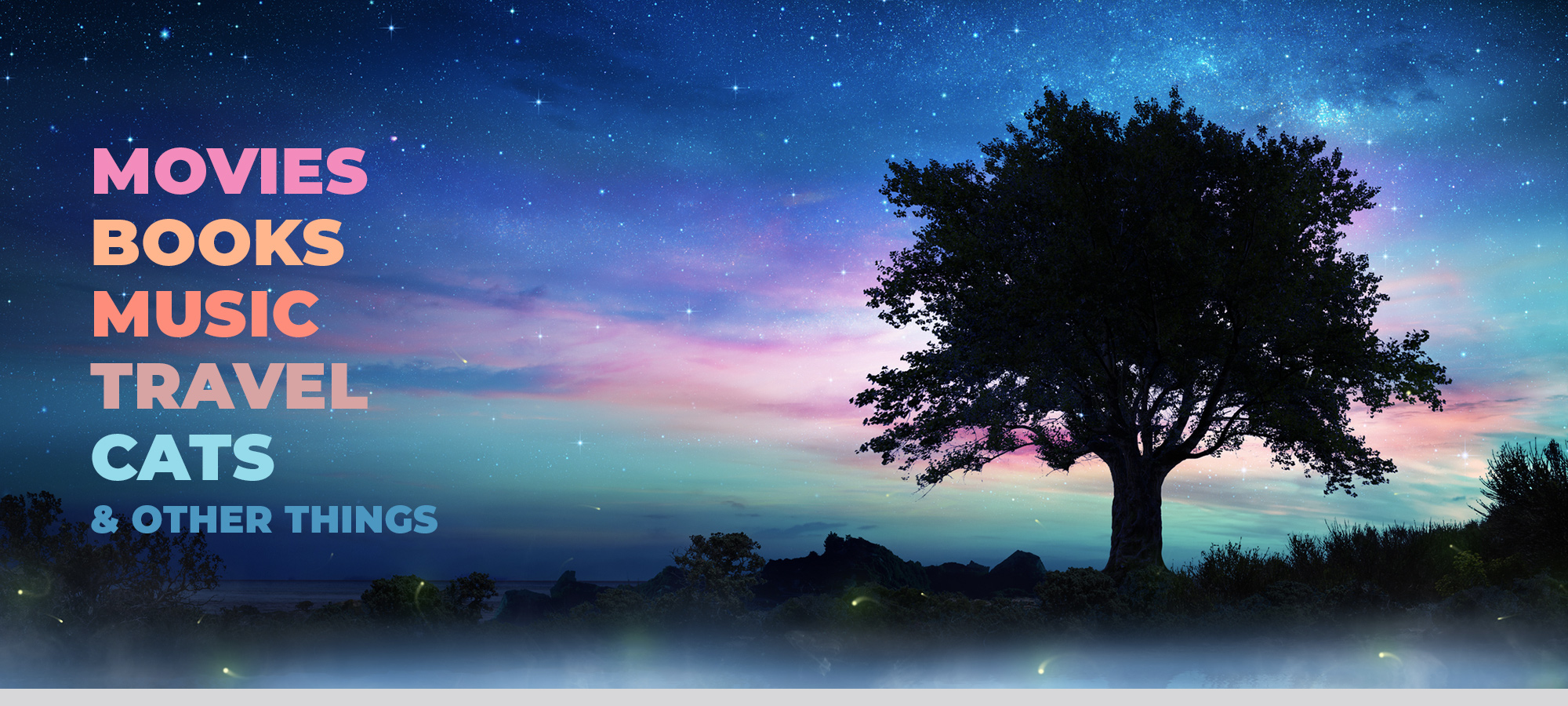
I really enjoyed this peculiar, freewheeling Norwegian dark comedy-drama about a young woman battling indecisiveness as she approaches 30s, despite some problems with the writing that made it feel a tad shallow.
Meet Julie (Renate Reinsve), a young woman in her late 20s. Not literally the worst person in the world, just one of the rudderless millennial heroines who drift through life unsure of what they’re supposed to do with it, while remaining both infuriating and charming. In the frantic prologue, we see Julie abandon her studies of medicine in favour of psychology, then dump psychology when she decides to be a photographer. There are obvious literary aspirations: the invisible third-person narrator and the reveal that the story we’re about to watch is split into twelve chapters (some with rather provocative titles like Oral Sex in the Age of #MeToo).
There’s a hint that some of Julie’s issues and feelings of detachment from her own life might be connected to her self-absorbed, absent father, but her family life is barely examined since the movie mostly concentrates on Julie’s romantic relationships. In the beginning, she falls for Aksel (Anders Danielsen Lie), a hip and youthful forty-something comic book artist, famous for a series of edgy graphic novels that later on get him into hot water with the new generation of feminists.
Julie moves into Aksel’s Oslo apartment, but their age gap and conflicting feelings about parenthood (he’s clucky, she’s squirming) cast a pall on the relationship. Does Julie stand a better chance of happiness with the dorkily handsome Eivind (Herbert Nordrum), a carefree barista she meets one night while impulsively gatecrashing a wedding reception?
I can’t imagine that the movie would have enjoyed the same success without the magical, effortlessly engaging turn by Renate Reinsve, who won a prize at Cannes for her performance. She holds the camera with her expressive face, cluing the viewer into Julie’s moods as she doubts her feelings over and over again. In her hands, Julie is someone whose story you just want to follow, regardless of her mistakes.
I enjoyed the quirky “scrapbook” structure of the film, and some of the set-pieces are simply outstanding. In one romantic fantasy sequence, the entire city of Oslo is frozen in time while Julie, feeling giddy and loved-up, runs through the streets to find Eivind and kiss him. A darker set-piece, induced by the magic mushrooms Julie takes with Eivind and his mates, veers into hallucinatory imagery, animation and a use of certain bodily fluids I’m sure I’ve never seen onscreen before (in general, this is not a movie that shies away from the body and sex).
In the more grounded scenes, sexual tension crackles when Julie and Eivind meet for the first time, and playfully devise ways to flirt without taking things into what might constitute real cheating. Near the end of the film, there’s a switch of gears and some incredibly emotional, raw scenes that got me closer to tears than any movie I’ve seen in a while.
However… once the movie was over and I thought more about it, it occurred to me that, despite being the centre of a character study, Julie essentially remains a formless and nebulous character from start to finish. You could argue that being vague and directionless is the whole point of her character, but I couldn’t shake off the feeling, post-movie, that Julie is vague because she’s superficially written, as opposed to a well-written indecisive character. Her feminist leanings feel like sporadic lip service to the modern-day issues, and there’s a weird lack of any female friends and confidantes in her life that, again, seem less like a commentary on her character and more like something that hasn’t even occurred to the writers to think about.
I could almost see a version of The Worst Person in the World where the lead and supporting roles were switched, and the focus was instead on Aksel, an aging comic book artist who falls for a beautiful but flaky and impulsive younger woman etc. etc. The movie was written by a couple of men in their late 40s and I can’t help but wonder if they just naturally felt more connection with Aksel and the anxieties of a previous generation.
Despite this glaring flaw, the movie is still very enjoyable, but I’m afraid it did hold me back from unreservedly joining the chorus of praise it has received.

